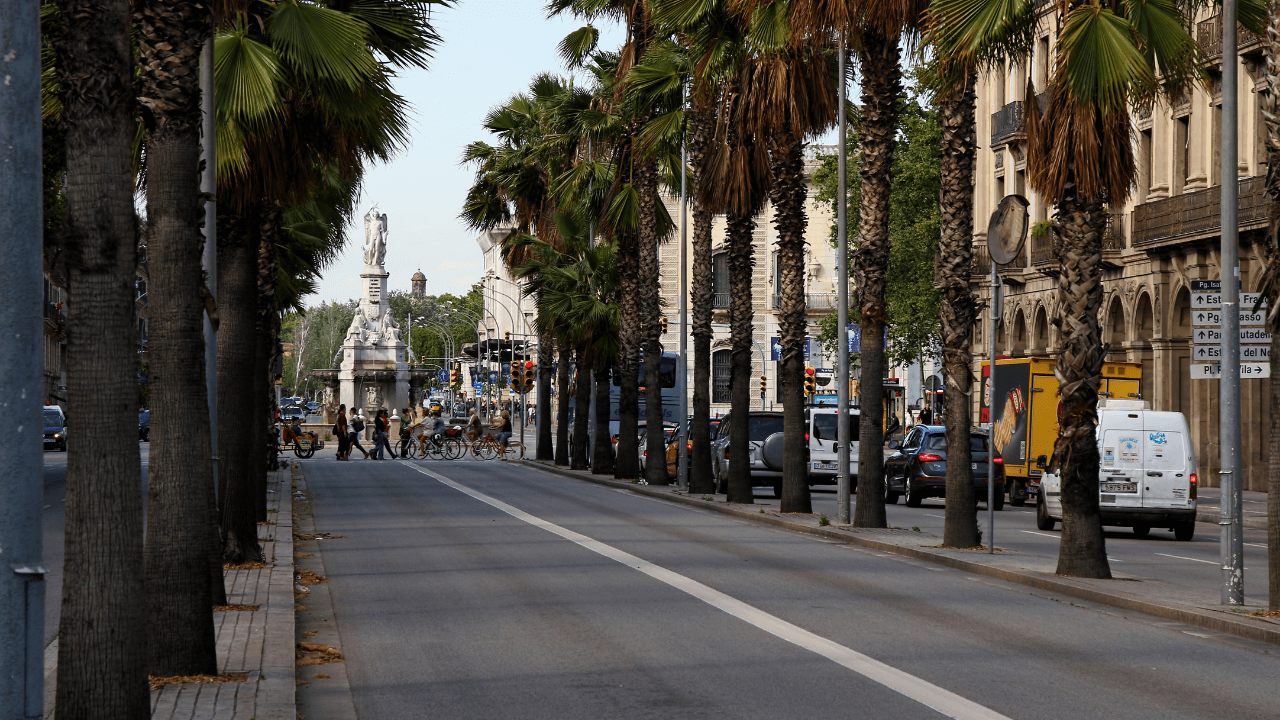When Spain lifted its strict pandemic lockdown in the summer last year, residents of Barcelona were pleasantly surprised to find some of its streets converted into pedestrian zones.
And they don’t plan to stop there — city authorities plan to convert 21 more streets into pedestrian green spaces.
According to the World Economic Forum, this project shows how the pandemic has influenced urban planning across the world.
“Since March 2020, Barcelona has reclaimed around eight hectares of the cityscape from motor vehicles, transforming it into sidewalks, playgrounds, bike lanes, or restaurant terraces, with authorities arguing that people need more space to avoid COVID-19.”
Although more bikes and fewer cars go hand in hand with growing concern about climate change, Barcelona’s urban overhaul has faced strong opposition from Foment del Treball, a regional business lobby.
They complain that delivery vans will now have a hard time finding a place to park, while shops could lose out-of-town customers.
Barcelona’s chief architect, Xavi Matilla, on the other hand, claims the city had adapted well to fewer car lanes, adding that more pedestrian space should boost local commerce.
The health crisis caused by the coronavirus epidemic has shown that unless we make cities greener and more spacious, more people will move to rural areas with better quality and more outdoor space.
More inspiring green news similar to this:


